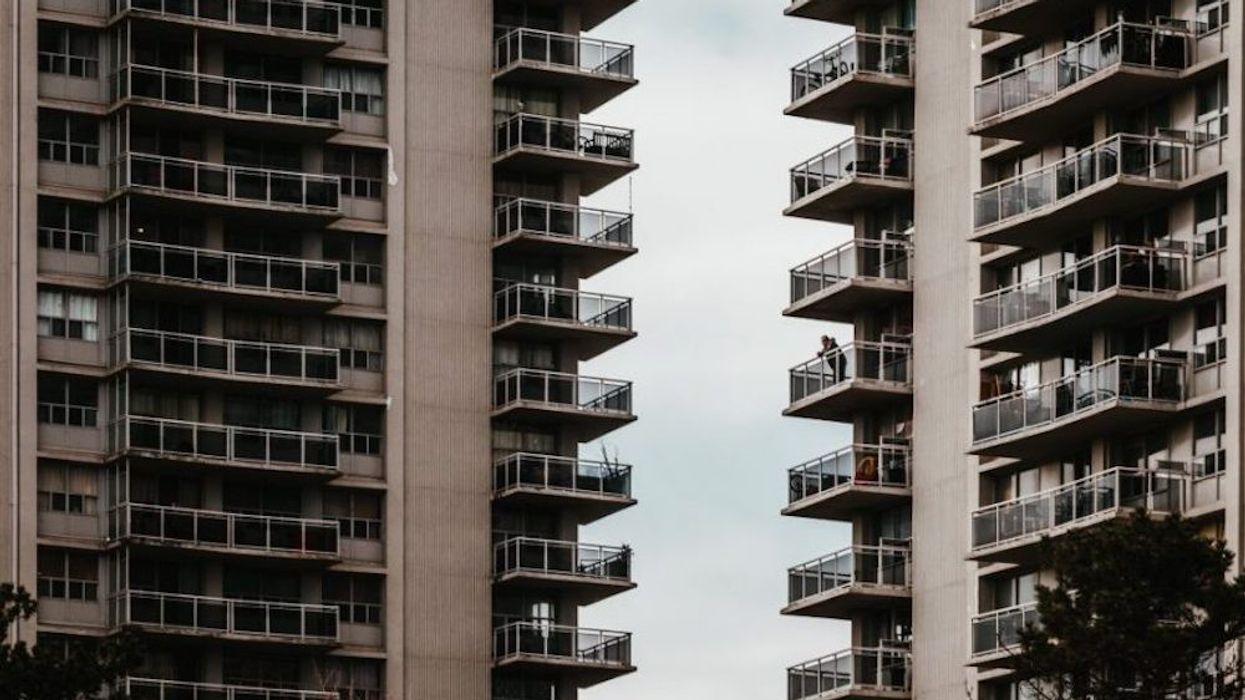Rental markets are heating up all across Canada, and with that comes a rise in rental scams looking to prey on desperate would-be tenants.
According to a new report from Vancouver-based rental platform liv.rent, Canada is facing an unprecedented number of rental scams. Compared to June of last year, rental activity is up 47% across the platform, but the number of reported suspicious listings has nearly tripled from 2021.
"With students starting to return for the upcoming fall semester and 432,000 new permanent residents expected by year-end, there is an urgent need for Canada’s rental industry to take action to safeguard vulnerable renters," the report says.
One of the most common moves made by scammers is to post a fake listing and once someone replies to it, they urgently demand personal information or cash deposits without allowing renters to visit the property. Liv.rent notes that these fraudulent listings often have blurry photos and obscured address details. These factors, combined with the supposed landlord's pushy demands for money are all tell-tale signs of a scam.
But a second type of scam that's on the rise can be harder for potential renters to spot. In this scenario, a scammer will temporarily rent out an apartment, either through Airbnb or a sublet, and will post the unit for rent as if they were the owner. Because the scammer is actually renting the unit, they can have potential renters come visit in-person, making it harder to distinguish a scam from a legitimate listing. They'll then ask the renter for first and last month's rent and give them the keys to the unit. It's not until the next day when the person moves in and the cleaner, or in some cases, the actual owner, comes and tells them they have to leave that they realize they've been scammed.
"With rent prices soaring—a one-bedroom, unfurnished unit in Downtown Toronto now rents for an average of $2,140 per month—a scam like this could cost renters over $4,000 if they pay the first and last month’s rent upfront," the report reads.
Police in Toronto, which has experienced a red hot, competitive rental market over the past several month, have warned renters about the rise of this particular scam for months. To avoid falling victim to it, police advise asking the landlord for ID and to be wary if they ask for a deposit in advance or say they live in another country.
More Protections Are Needed
Although Canada's rental industry is actively fighting against rental scams, more protections need to be put in place to keep renters safe, the report says. Liv.rent has already built in an extra layer of protection to their platform, requiring all landlords listing on the site to submit a copy of their photo ID and a selfie to verify their identity. They're then required to either submit ownership documents or enter a one-time code mailed to the address provided.
"Canadian renters are becoming increasingly aware of this dire situation as rental scams become nearly unavoidable," the report says. "With rising interest rates making homeownership in Canada inaccessible to many and the country welcoming large numbers of immigrants in the coming years, the country is currently seeing unprecedented demand for rental housing. Safeguarding vulnerable communities and ensuring newcomers to Canada aren’t greeted with costly rental scams should be a priority for every listing website operating in the country."
But even verifying landlords isn't enough, the rental platform argues, stating that further measures and broader education efforts need to be put in place so that Canadians can avoid being scammed.





















